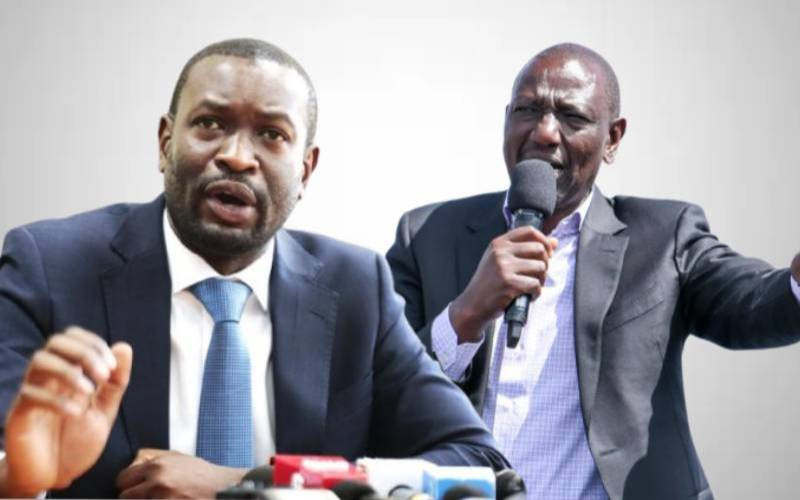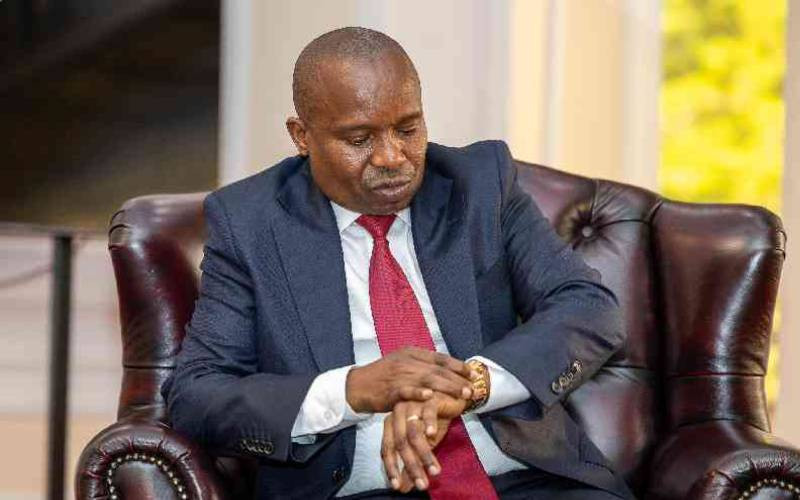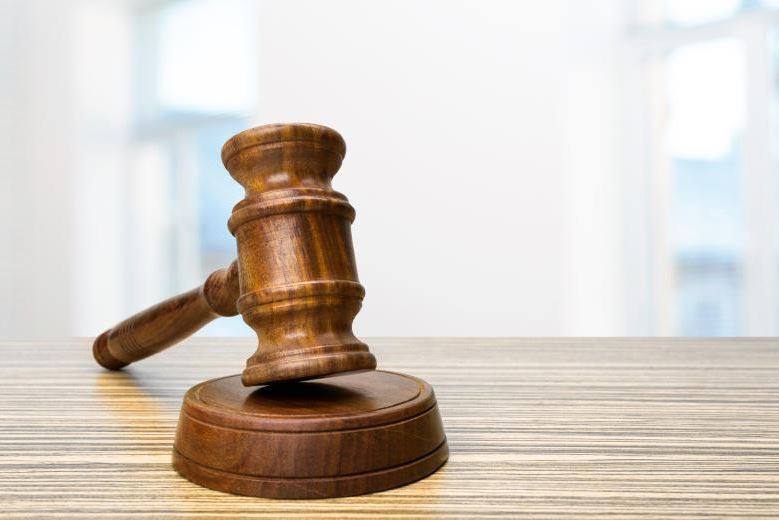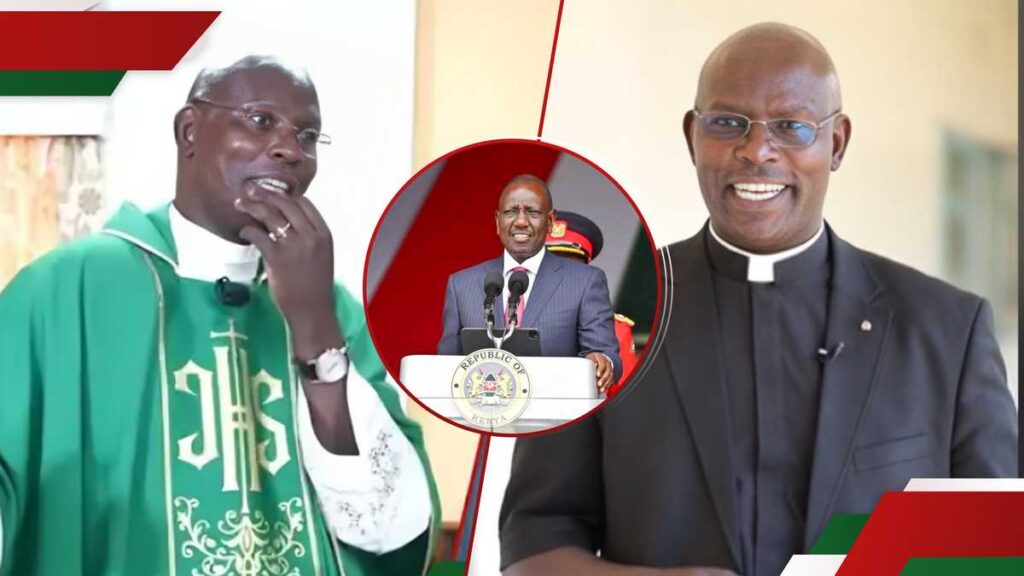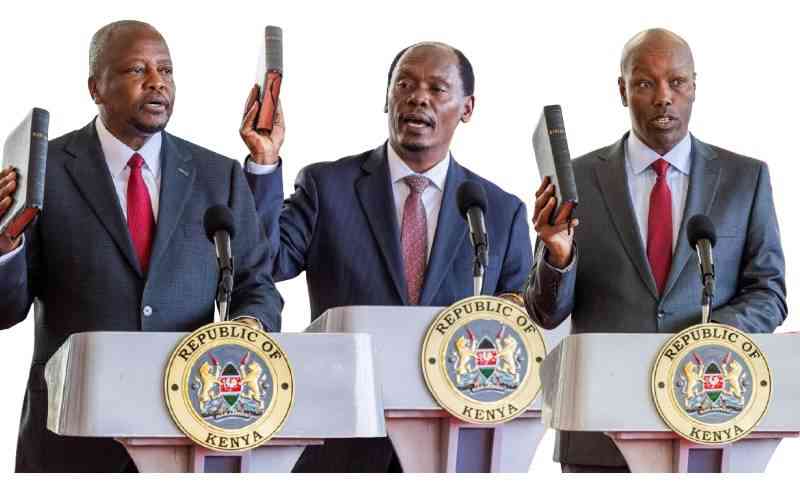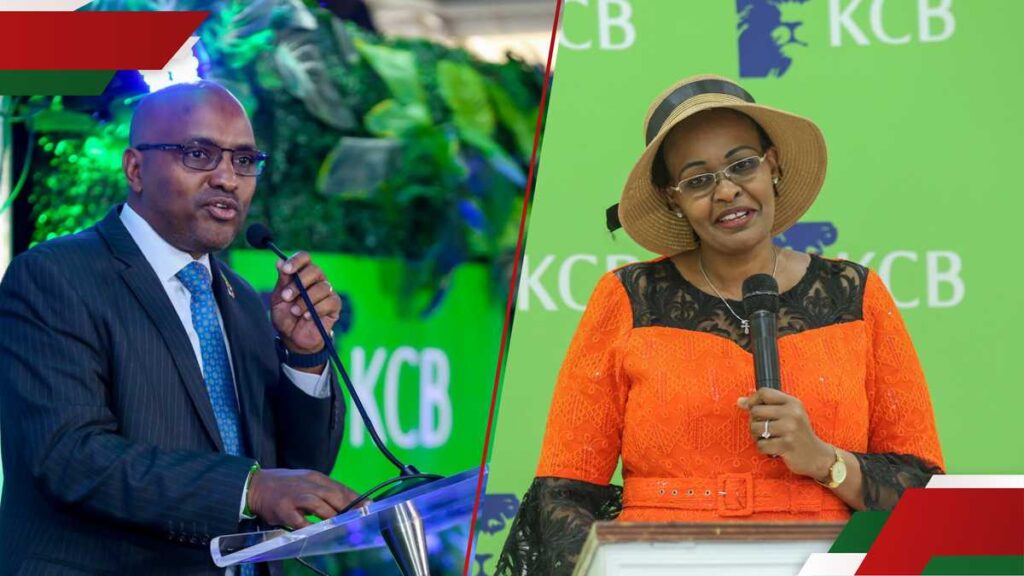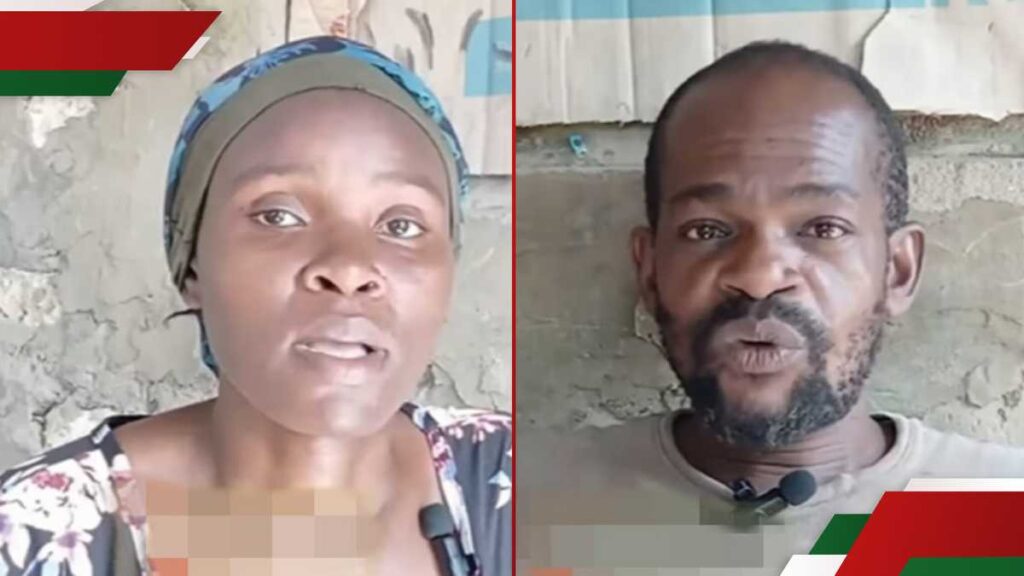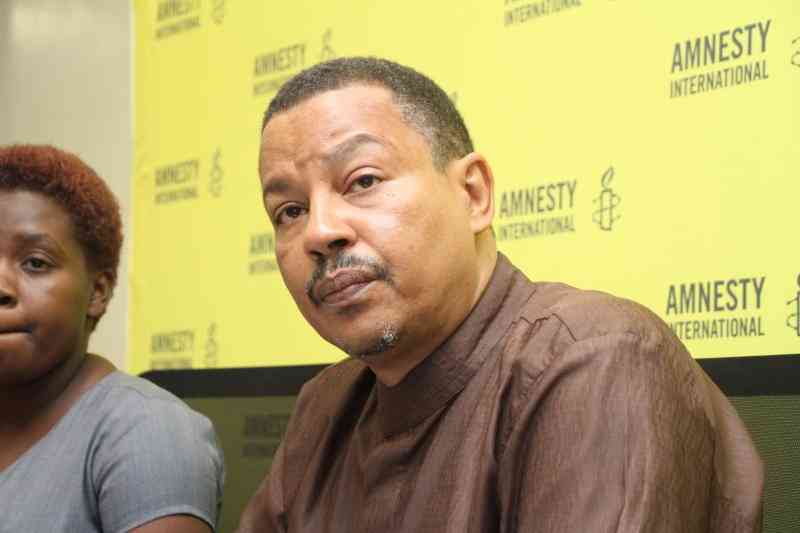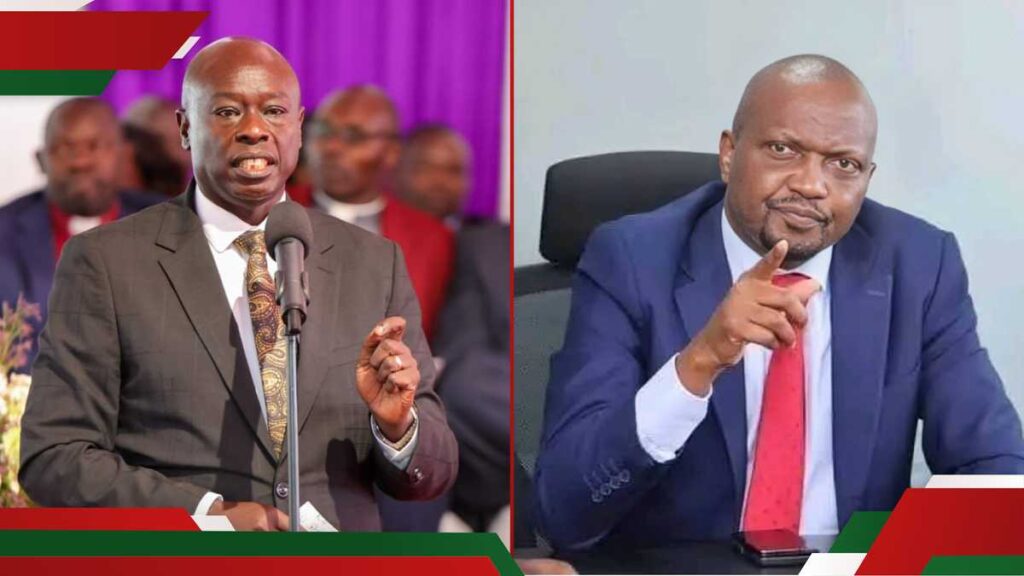The High Court has ruled that the Sports Disputes Tribunal (SDT) does not have the authority to hear doping cases involving international athletes.
In a landmark judgment with significant implications for future SDT cases, Justice Roselyn Aburili stated that the anti-doping framework is designed for a body similar to the Anti-Doping Agency of Kenya (ADAK), not the SDT.
She ruled that the SDT’s decision to handle doping cases was unlawful and contrary to both national and international law.
“The Tribunal’s assumption of jurisdiction over the Applicant, an international-level athlete, was unlawful, ultra vires Section 31(1) of the Anti-Doping Act, and contrary to the Anti-Doping Regulations (2020), the World Anti-Doping Code, and the International Standard for Results Management,” said Justice Aburili.
The case was filed by a female athlete, referred to as NJM. She was accused by ADAK of violating the Anti-Doping Rule after her urine sample, taken during an out-of-competition test, tested positive for furosemide, a prohibited substance under the World Anti-Doping Agency’s (WADA) list.
NJM’s lawyers, Olieti Raphael Okubo and Doreen Akinyi Okwiri, argued that the SDT lacked the jurisdiction to hear the case, citing her status as an international-level athlete.
The SDT dismissed the application on 27 January this year, prompting NJM to take the matter to the High Court.
In their submission, the lawyers argued that Article 8.1 of the World Anti-Doping Code stipulates that any individual accused of a doping violation must be given a fair hearing by an independent body, within a reasonable time.
They claimed the SDT’s decision to take on the case was irrational, procedurally flawed, biased, and beyond its powers. They also asserted that the SDT could not act on behalf of ADAK, as the two are distinct entities.
Justice Aburili noted that both ADAK and the SDT had failed to comply with her orders to submit responses within the required timeframes, thereby preventing NJM from filing a rejoinder.
Furthermore, they only submitted their replies and submissions after the case had been reserved for judgment, without court permission. In her ruling, Justice Aburili ordered that the SDT cease hearing the case and quashed the proceedings against the athlete.



